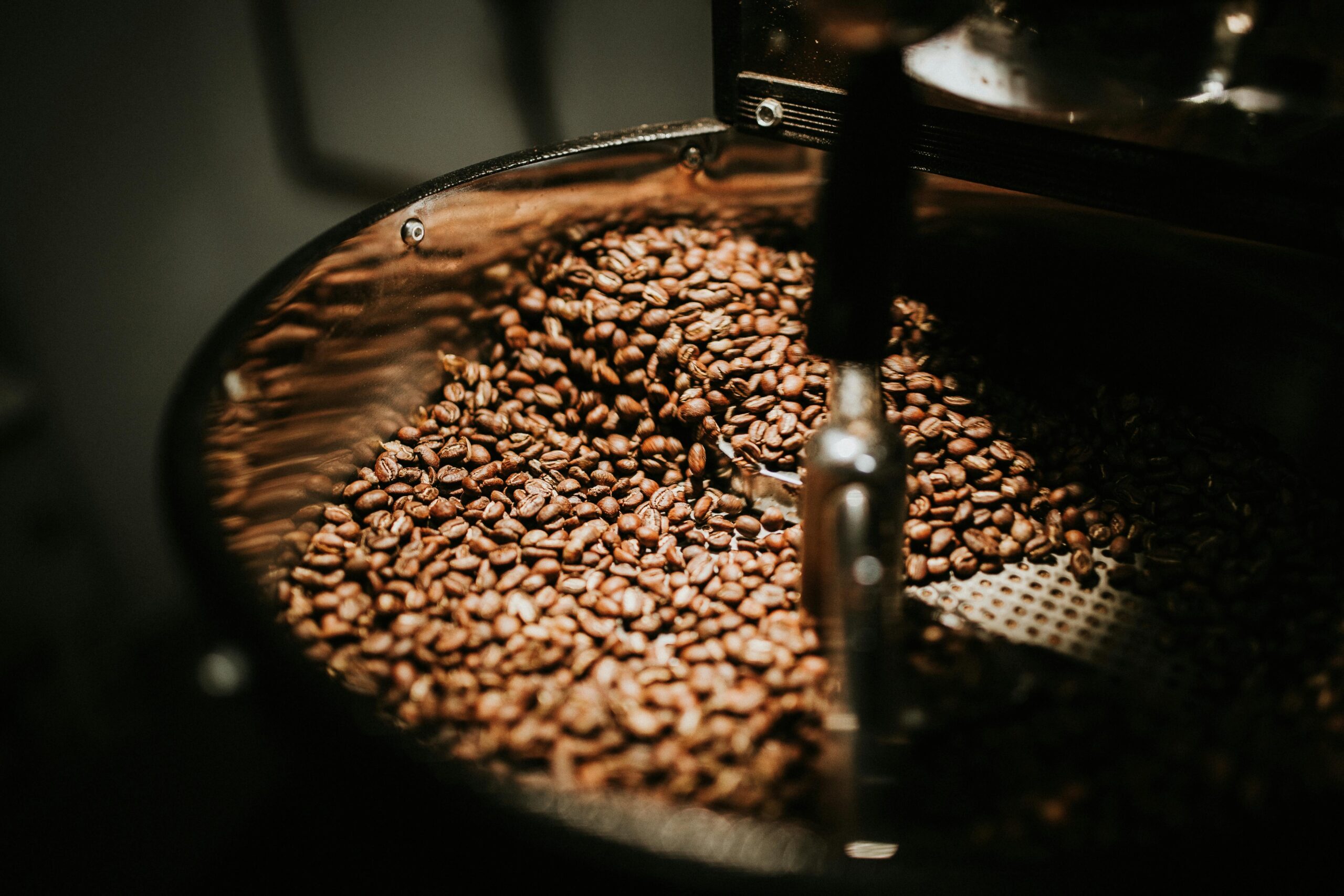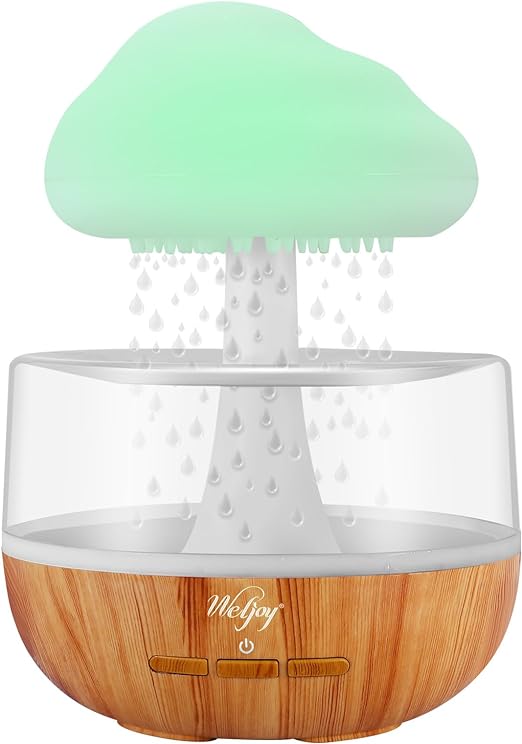Ah, the aroma of freshly roasted coffee beans! There’s nothing quite like it, is there? But did you know that how you store those precious beans can greatly impact their flavor and freshness? In this comprehensive guide, we’ll delve into the art of storing coffee beans to ensure that every cup you brew is as flavorful and satisfying as possible.
1. Understanding Coffee Beans
Before we dive into storage techniques, let’s take a moment to appreciate what makes coffee beans unique. Coffee beans are seeds harvested from the fruit of the coffee plant. They contain oils and compounds that give coffee its distinct flavor and aroma.
2. Importance of Proper Storage
Why does proper storage matter? Well, just like any other food product, coffee beans are susceptible to degradation over time. Exposure to air, light, moisture, and heat can all cause the beans to lose their flavor and freshness.
3. Factors Affecting Freshness
Several factors can affect the freshness of your coffee beans. Oxygen is one of the biggest culprits, as it can cause the beans to oxidize and go stale. Light can also degrade the quality of the beans, which is why it’s essential to store them in a dark place.
4. Ideal Storage Conditions
So, what are the ideal storage conditions for coffee beans? The key is to keep them in a cool, dark, and dry place. Airtight containers are also crucial for preventing exposure to oxygen and moisture.
5. Common Mistakes to Avoid
Avoid these common mistakes when storing coffee beans: leaving them in the original packaging, storing them in the fridge or freezer, and exposing them to direct sunlight.
6. Container Options
When it comes to storing coffee beans, you have several container options to choose from, including glass jars, ceramic containers, and vacuum-sealed bags. The important thing is to ensure that the container is airtight and opaque to protect the beans from light and air.
7. Freezing vs. Room Temperature
Should you store your coffee beans in the freezer or at room temperature? While some people swear by freezing their beans to preserve freshness, others argue that it can lead to moisture buildup and flavor loss. Ultimately, the choice is yours, but be sure to weigh the pros and cons.
8. How Long Can Coffee Beans Last?
The shelf life of coffee beans can vary depending on several factors, including the type of bean, roast level, and storage conditions. In general, whole beans can last anywhere from two weeks to a few months if stored properly.
9. Reviving Stale Beans
If you find yourself with stale coffee beans, don’t despair! There are a few tricks you can try to revive them, such as grinding them coarsely and brewing them using a French press or cold brew method.
10. Conclusion
In conclusion, proper storage is essential for preserving the flavor and freshness of your coffee beans. By following the tips outlined in this guide, you can ensure that every cup you brew is a delicious and satisfying experience.
Frequently Asked Questions (FAQs)
1. Can I store coffee beans in the fridge?
Yes, you can, but it’s not recommended as the fluctuating temperatures and moisture can degrade the quality of the beans.
2. Should I grind my coffee beans before storing them?
It’s best to grind your beans just before brewing to preserve their freshness and flavor.
3. Can I reuse coffee beans once they’ve been brewed?
While you can reuse coffee grounds for things like composting or making cold brew concentrate, they won’t yield the same flavor as fresh beans.
4. How can I tell if my coffee beans have gone bad?
If your coffee beans have a stale or rancid odor, or if they appear oily or discolored, it’s time to replace them.
5. Can I store coffee beans in a clear glass jar?
It’s best to avoid storing coffee beans in clear containers as they allow light to penetrate, which can degrade the quality of the beans over time.




